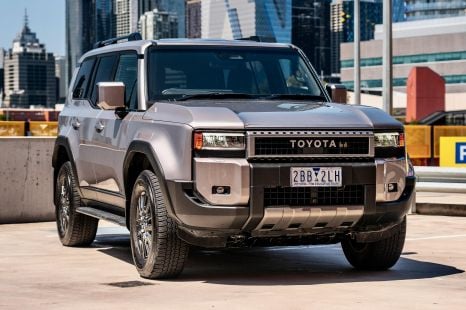

Max Davies
2025 Toyota Prado GXL review
2 Months Ago

Publisher
BMW Australia is set to bring three hydrogen fuel-cell electric iX5s to Australia early in 2024 as it seeks to demonstrate its ever-evolving technological advancements in hydrogen power.
The brands says the hydrogen SUVs will sit alongside its battery-electric cars as part of a broader shift away from the traditional internal-combustion engine.
With demonstrations and workshops at the Munich motor show this week, the German brand was keen to emphasise the fact it believes hydrogen-powered electric vehicles have a place in the future of mobility.
Having previously tested hydrogen power, BMW believes the fuel will serve a greater purpose for larger vehicles and commercial transport requirements in the future.
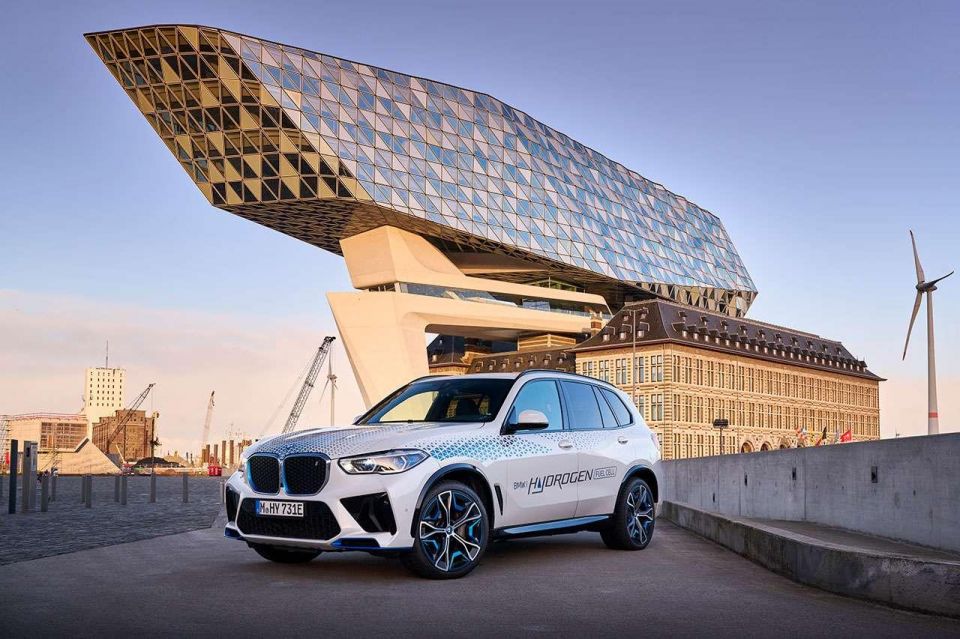
The BMW iX5 in question is powered by a hydrogen fuel-cell powertrain consisting of two tanks made from carbon-fibre-reinforced plastic (CFRP) storing up to 6kg of hydrogen under 700 bar of pressure, a fuel cell that produces 125kW, an electric motor and a battery pack. BMW says the total vehicle output is 295kW.
Refuelling takes just a few minutes and a full fill of hydrogen gives roughly 500km of range. BMW claims the iX5 hydrogen will accelerate from from 0-100km/h in less than six seconds.
BMW claims battery electric vehicles form a vital part of the future, but their charging requirements don’t scale as more cars go electric. This means an alternative power source should be considered for different applications to decarbonise – given the only emission from a hydrogen vehicle is pure water.
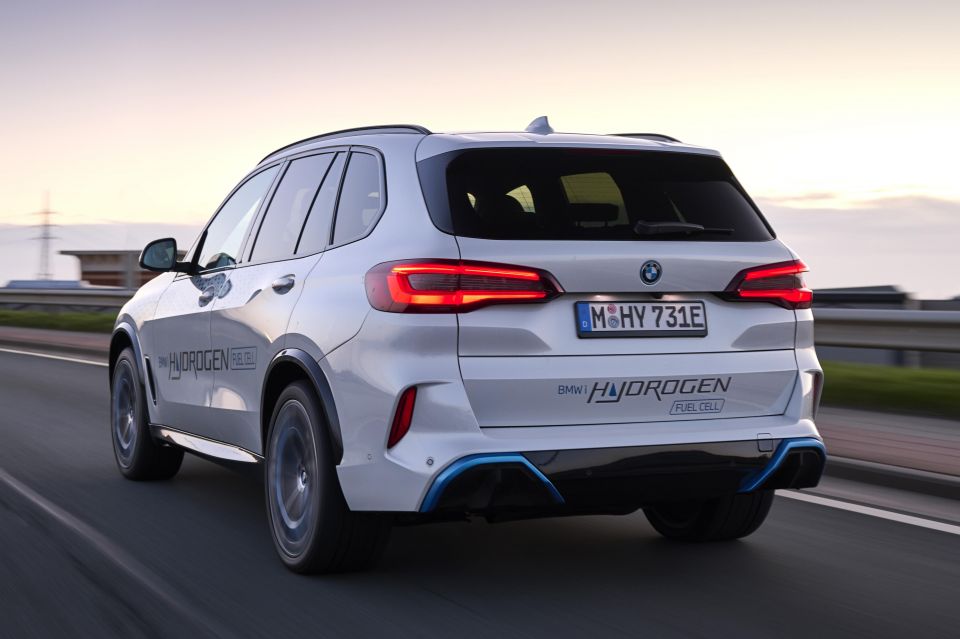
The main limitation with hydrogen is the lack of power stations, with fewer than 10 in Australia. Europe is a fair bit ahead with 276, but China leads the pack with more than 300.
The three iX5 hydrogens will stay in Australia for six months. BMW plans to showcase the cars and technology to government officials in the hope of getting more support for charging stations.
“The aim is to put the spotlight on the everyday usability of hydrogen-powered vehicles in a country where hydrogen has the potential to play a critical role in fulfilling future renewable energy requirements,” Nick Raman, product and business communications manager at BMW Australia told CarExpert.
“We are always interested in advanced technology solutions that can benefit our customers. With the right conditions, hydrogen fuel cell technology has the potential to become a further pillar in the BMW Group’s drivetrain portfolio for local CO2-free mobility.”
BMW’s push to promote hydrogen echoes that of manufacturers such as Hyundai and Toyota, which have also championed the technology alongside battery electric vehicles.
Where expert car reviews meet expert car buying – CarExpert gives you trusted advice, personalised service and real savings on your next new car.
Alborz is the founder of CarAdvice (sold to Nine and now Drive) and co-founder of CarExpert. He is an honourary adjunct professor & entrepreneur in residence at the University of QLD. He loves naturally-aspirated V8s, V10s and V12s and is in denial about the impending death of the internal combustion engine. The best way to reach him is via Instagram.


Max Davies
2 Months Ago
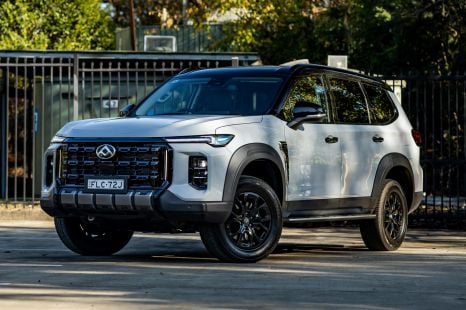

Matt Campbell
2 Months Ago
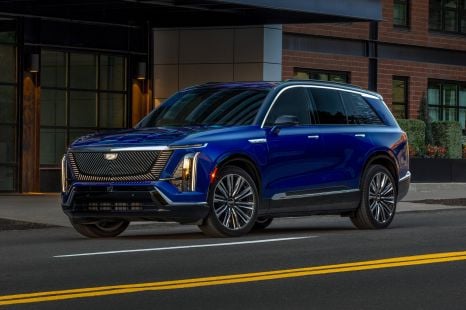

William Stopford
2 Months Ago
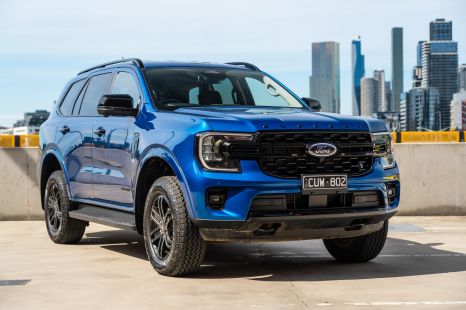

Josh Nevett
2 Months Ago
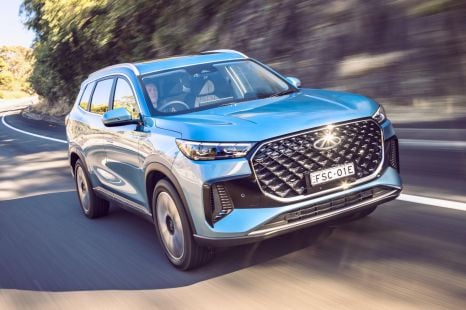

Max Davies
1 Month Ago
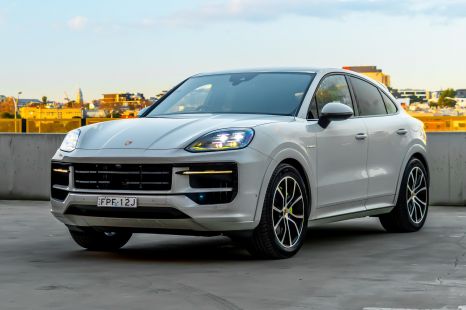

James Wong
21 Days Ago